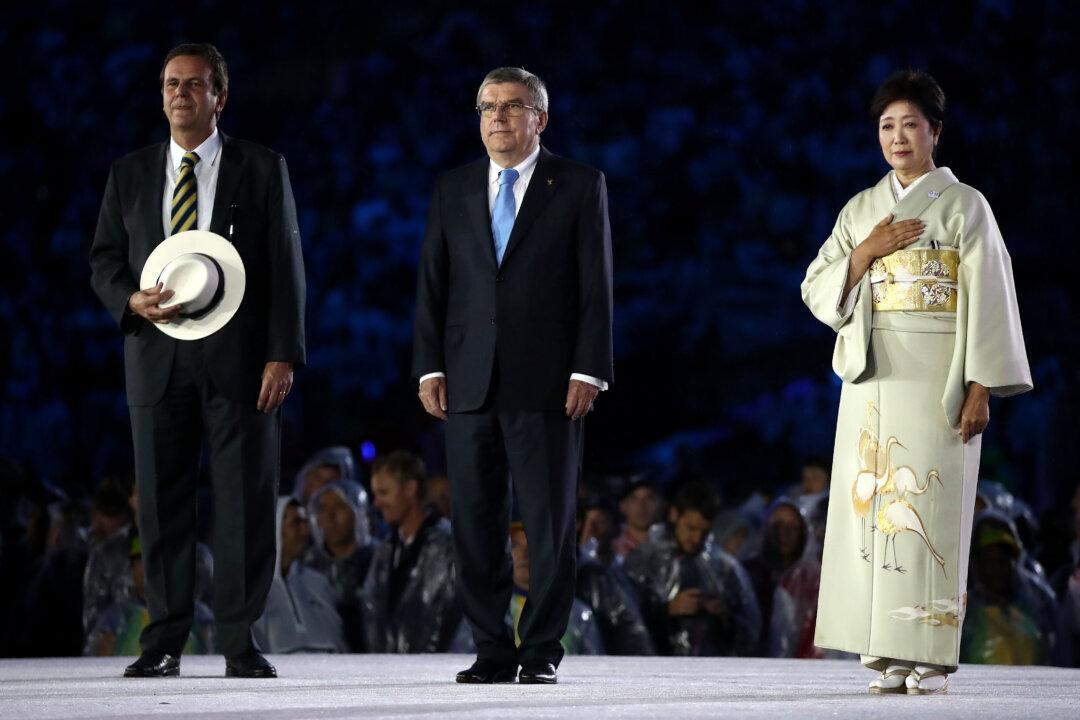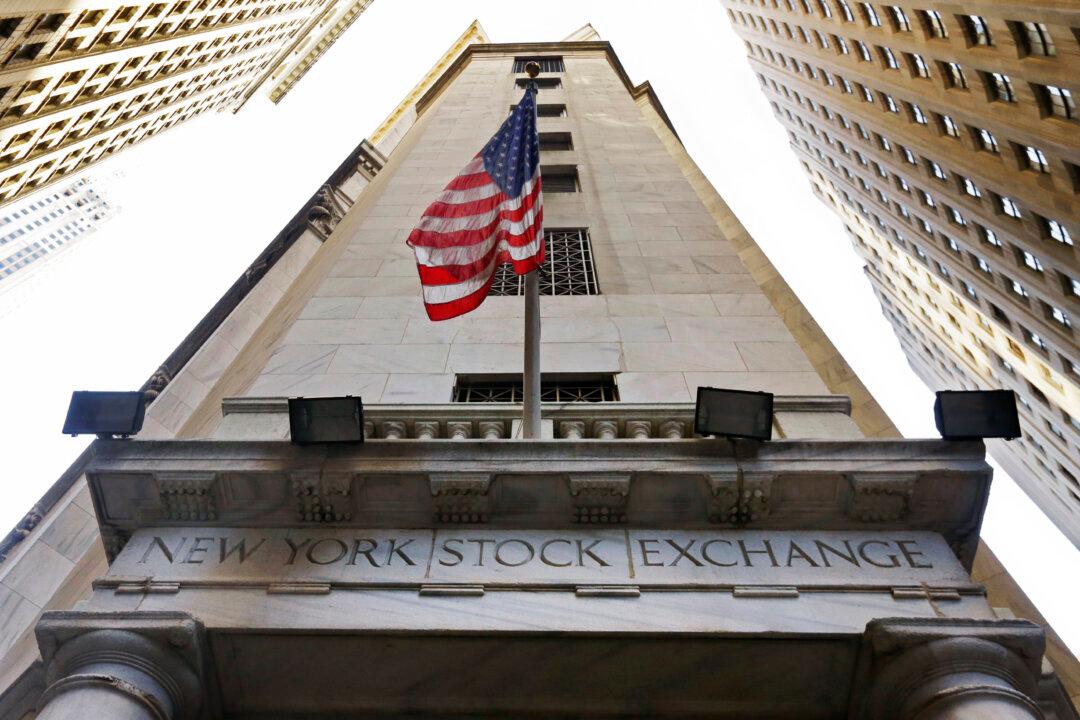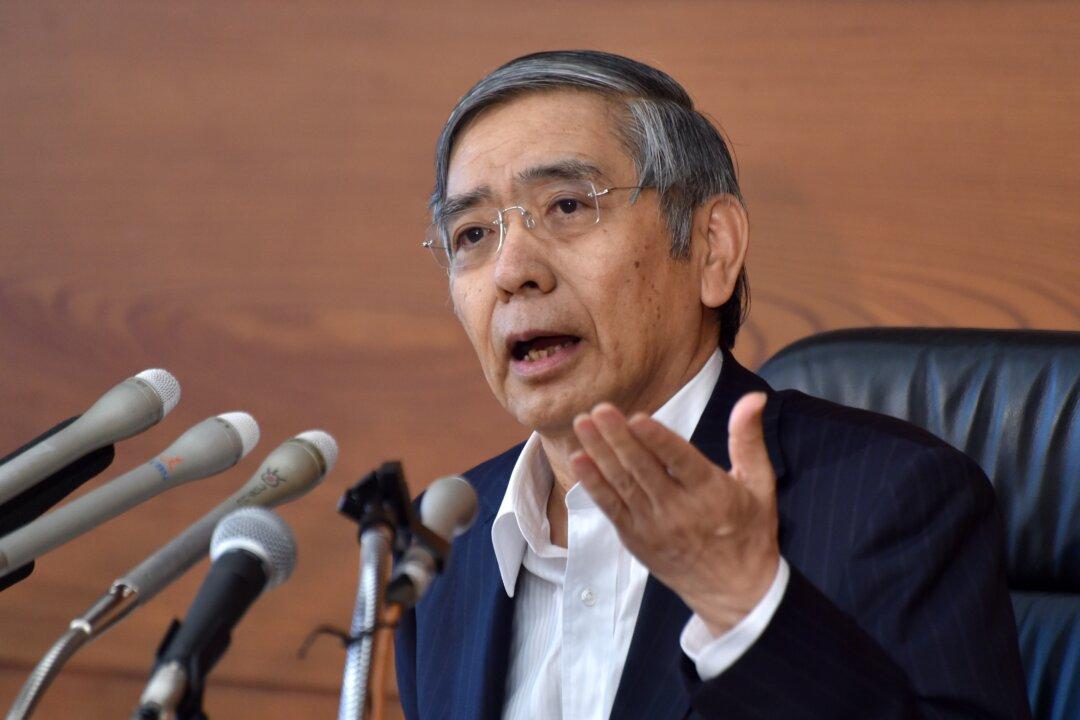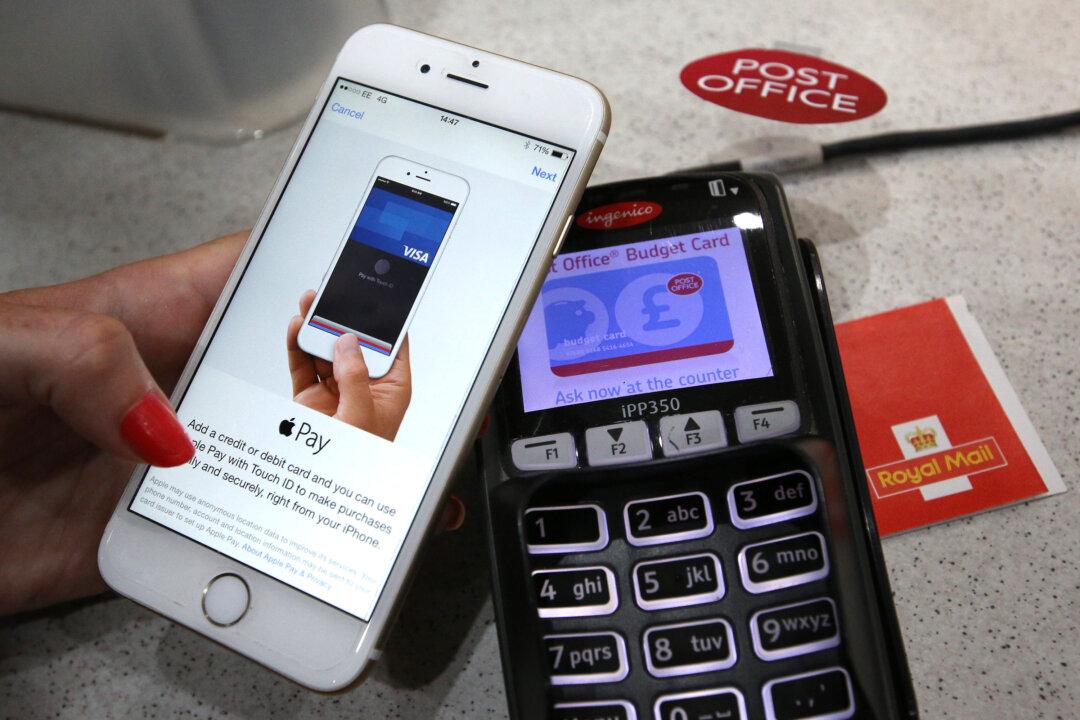Brazil’s weakening economy in 2016 is a far cry from 2009, when it won its bid to host the Olympics and was the world’s fifth largest economy. In 2009, Brazil’s economy was primarily driven by China’s demand for commodities. However, in 2016, Brazil’s poor gross domestic product (GDP) growth over the last five quarters pushed the economy into one of its worst recessions since the 1930s. Brazil dropped to the world’s ninth largest economy due to its GDP contractions, which were caused by falling commodity prices and a lack of consumer confidence, which thwarted demand.
However, the Rio Olympics should add value to the struggling economy and may take Brazil out of its deep economic recession. Typically, hosting an international sporting event, such as the Olympics or the FIFA World Cup, should draw foreign tourists to the hosting country. Consequently, tourists should spend money and increase demand in goods and services for a short period. Moreover, revenue from marketing and partnerships should also help the Olympic host.




